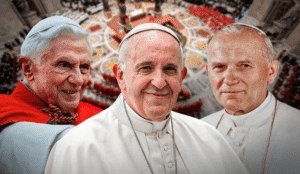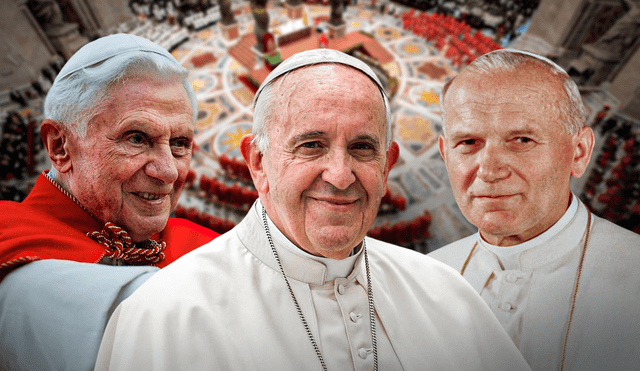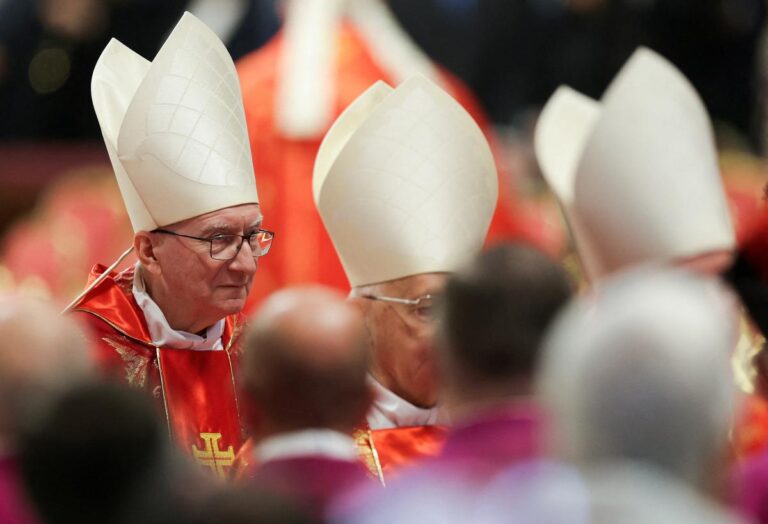Berlin, May 5, 2025 — Germany’s incoming Interior Minister Alexander Dobrindt has voiced doubts over the possibility of banning the far-right Alternative for Germany (AfD) party, despite its recent classification as a confirmed extremist organization by the nation’s domestic intelligence agency.
Speaking to national broadcaster ARD, Dobrindt emphasized that banning a political party in Germany requires meeting strict constitutional standards. He noted that only groups with a clear, “aggressive, combative posture against democratic order” could legally be dissolved by the Federal Constitutional Court.

AfD Under Surveillance
Earlier this year, Germany’s Federal Office for the Protection of the Constitution (BfV) officially labeled the AfD as a “proven right-wing extremist organization.” This classification allows authorities to conduct enhanced surveillance, including monitoring party activities, using informants, and intercepting communications.
The agency cited the party’s ethnonationalist rhetoric and repeated incitement against immigrants and minorities as clear threats to Germany’s democratic values.
Rising Popularity Amid Controversy
Despite—or perhaps because of—its far-right stance, the AfD continues to rise in polls, particularly in eastern German states. The party recently secured strong second-place finishes in local elections, raising concerns among centrist and progressive lawmakers.
While some politicians and activists have pushed for a complete ban on the AfD, others, like Dobrindt, caution against such a move. He stated, “We need to defeat extremism with democratic tools, not drive voters further into radicalism.”
Legal and Political Roadblocks
Experts argue that legally banning the AfD could take years and might not succeed. Two previous attempts to outlaw the far-right NPD failed due to insufficient evidence and concerns about infringing on democratic freedoms.
Dobrindt’s position is echoed by key figures from the Social Democratic Party (SPD) and Free Democratic Party (FDP), who emphasize strengthening democratic engagement over pursuing a political ban.









